Hey there! Keeping your medical history up-to-date is crucial for ensuring you receive the best possible care. Whether you've had a recent check-up or made changes to your medications, sharing this information can greatly benefit your healthcare team. So, grab a cup of coffee and dive into our guide on how to effectively update your medical historyâwe promise it's worth your time!
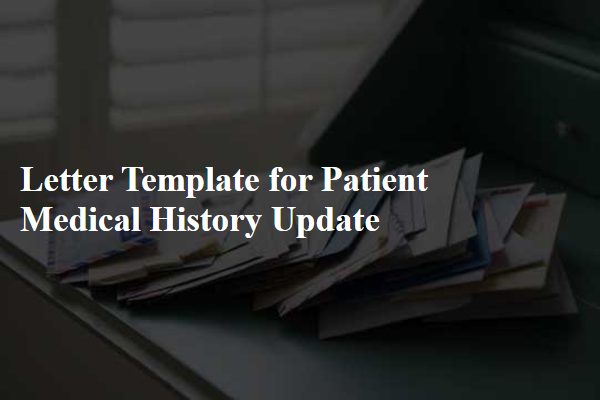
Patient Identification Details
Updating patient identification details is crucial for maintaining accurate medical records in healthcare settings. Essential elements include full name (e.g., John Doe), date of birth (e.g., January 15, 1980), contact number (e.g., +1 (555) 123-4567), and address (e.g., 123 Main St, Springfield, IL, 62701). Additional identifiers such as patient ID number (e.g., 00123456), insurance information (e.g., Blue Cross Blue Shield), and emergency contact (e.g., Jane Doe, +1 (555) 765-4321) enhance the completeness of records. This data ensures seamless communication across medical facilities (e.g., Springfield General Hospital) and aids in timely responses during appointments or emergencies. Regular updates to these details mitigate risks associated with errors in patient identification.
Medical History Overview
Medical history updates play a crucial role in evaluating a patient's ongoing health circumstances and informing treatment decisions. Complete documentation captures vital information, including previous surgeries (e.g., appendectomy in 2012), chronic conditions (such as type 2 diabetes diagnosed in 2015), allergies (like penicillin), and current medications (including metformin). Family medical history provides additional context, highlighting hereditary risks for conditions like cardiovascular diseases prevalent in family members. Lifestyle choices, such as smoking status or dietary habits, significantly influence health outcomes and should be carefully noted. Accurate updates ensure healthcare providers have a comprehensive understanding of the patient's well-being, ultimately leading to tailored healthcare approaches and improved patient outcomes.
Current Medications and Treatments
Current medications for managing chronic conditions often include prescription drugs such as Metformin for Type 2 Diabetes, which helps control blood sugar levels, typically taken twice daily. Blood pressure may be managed with Losartan, a common antihypertensive prescribed once daily, particularly effective for patients with heart complications. For anxiety disorders, Sertraline might be recommended, with a usual dosage starting at 50 mg per day. Additionally, treatments may involve over-the-counter options like Ibuprofen for pain relief, especially in patients experiencing arthritis flare-ups, taken as needed but not exceeding the advised daily limit of 1200 mg. Regular monitoring of medication effectiveness and possible side effects occurs during quarterly follow-up appointments.
Allergies and Alerts
Updating a patient's medical history with details about allergies and alerts is crucial for optimal healthcare. Specific allergens, such as penicillin, can cause severe reactions, requiring immediate action. Notable alerts might include prior anaphylactic episodes, which necessitate emergency protocols like the availability of epinephrine auto-injectors, such as EpiPen. Additionally, dietary restrictions related to food allergies, such as nuts or shellfish, must be documented to prevent accidental exposure during hospital visits. Environmental factors, such as dust mites or pollen, may also elicit allergic responses, impacting treatment plans and medication choices. Comprehensive documentation ensures that healthcare providers are informed and can tailor their approach to patient safety and well-being.
Recent Diagnostic Tests and Results
Recent diagnostic tests reveal significant insights into patient health. A comprehensive blood panel, conducted at City Medical Center, indicated elevated cholesterol levels, specifically total cholesterol at 240 mg/dL, while LDL (bad cholesterol) measured at 160 mg/dL. Additionally, a chest X-ray performed on October 5, 2023, at Health Plus Imaging showed no signs of abnormal growth or infection, indicating clear lung fields. An MRI of the knee taken on October 10, 2023, confirmed mild osteoarthritis, with cartilage thinning noted in the medial compartment. These findings will inform subsequent treatment decisions. Regular follow-up appointments are recommended to monitor these conditions closely.

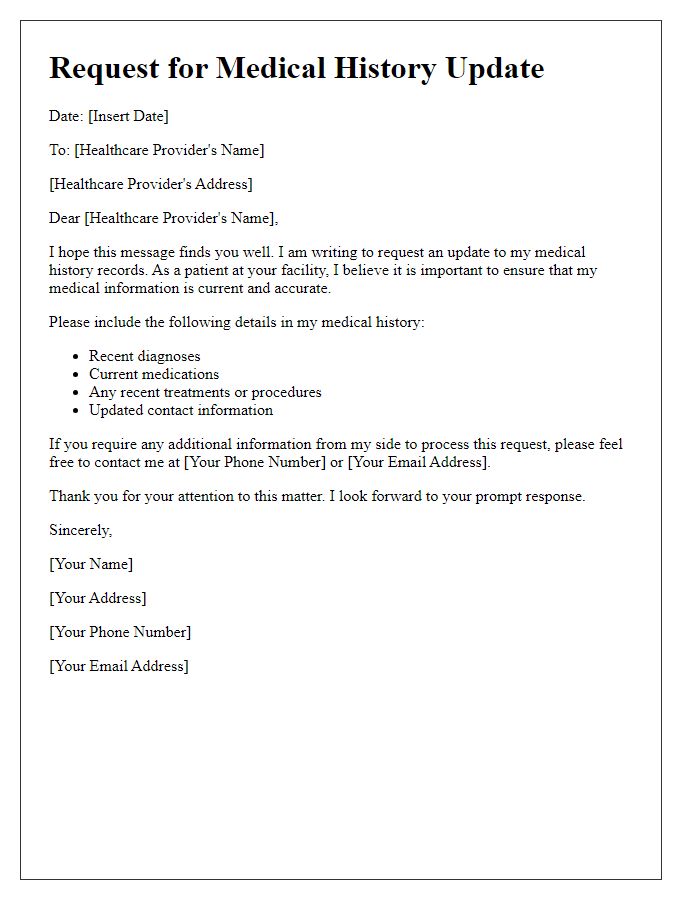
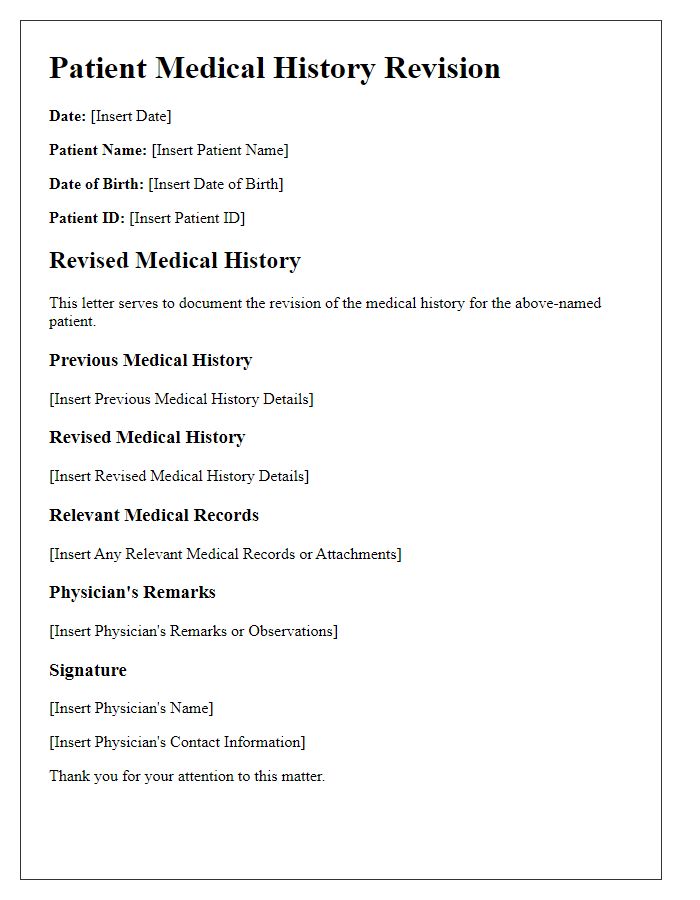
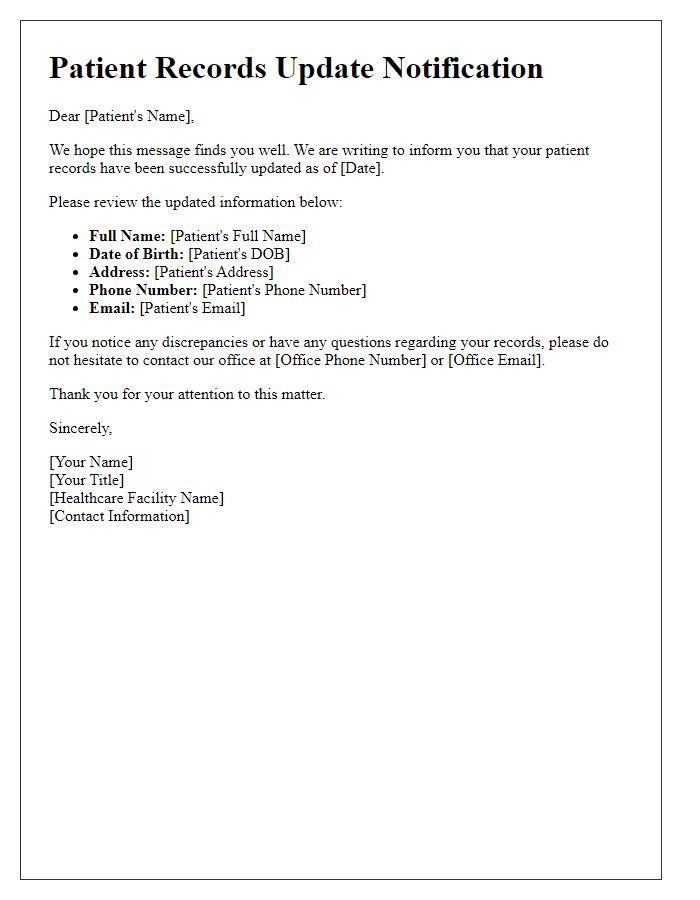
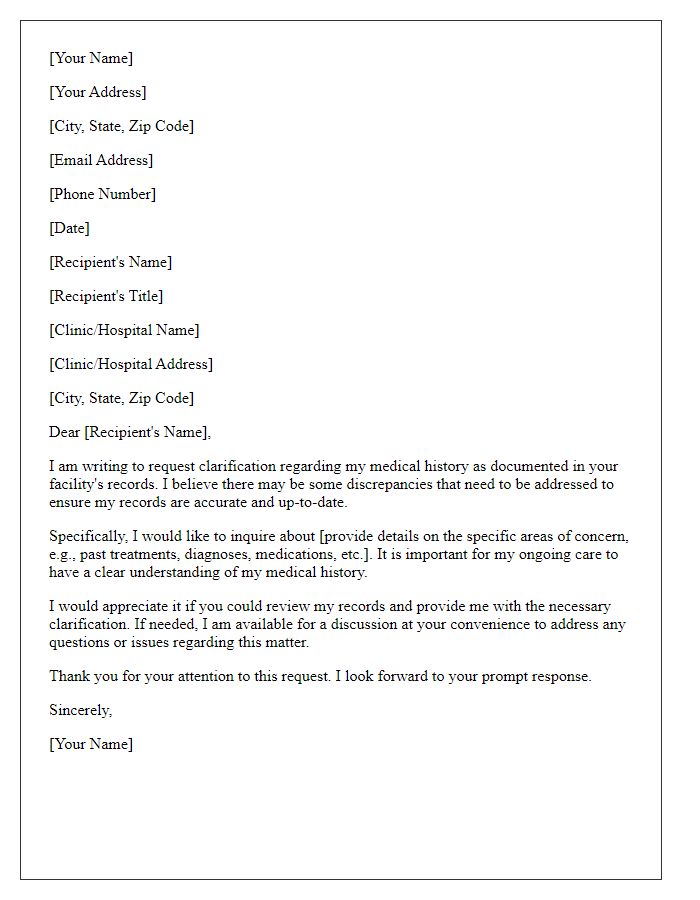
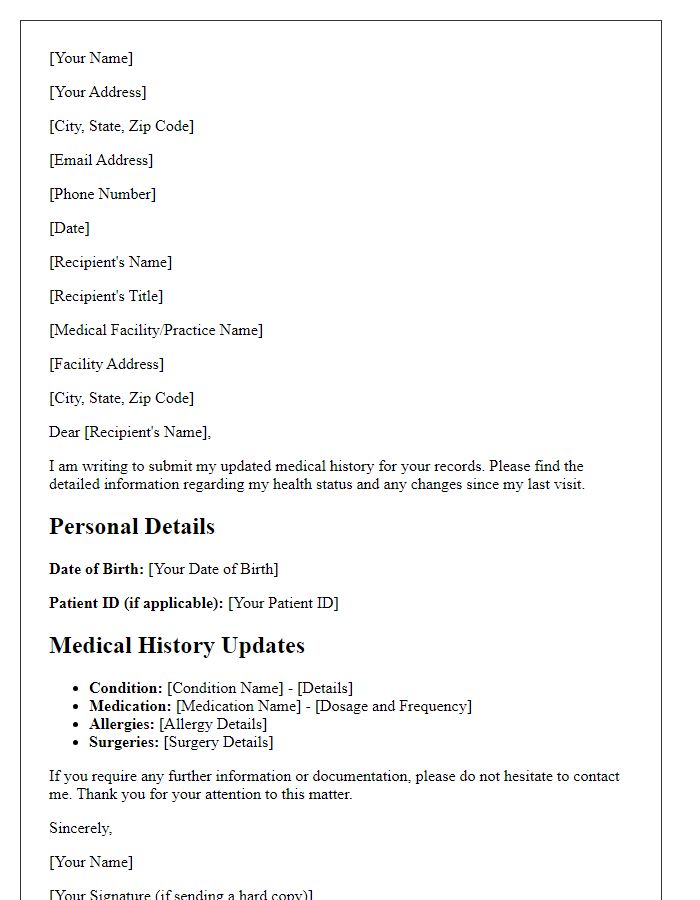
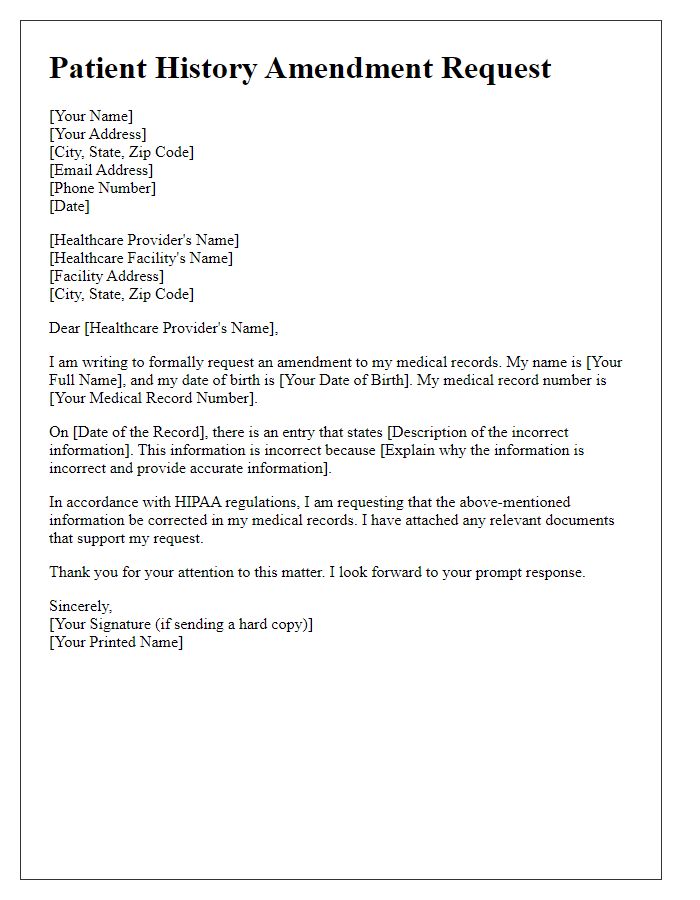
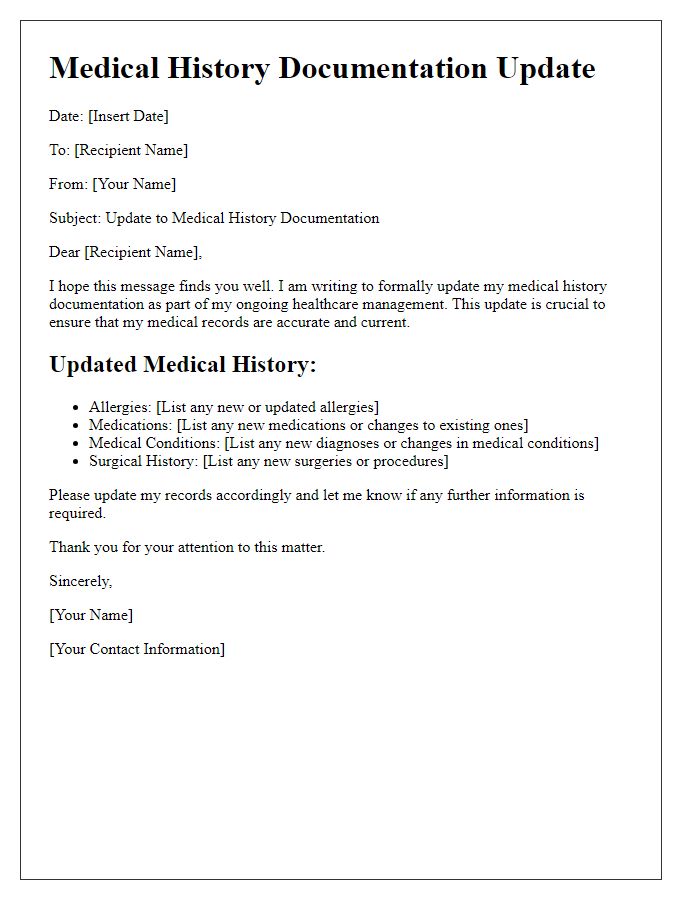
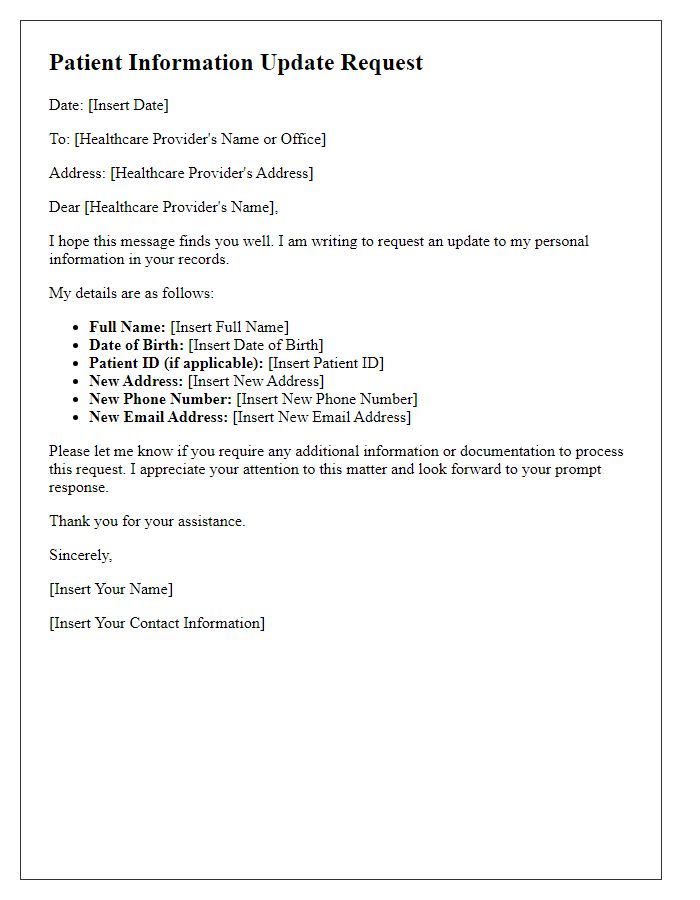
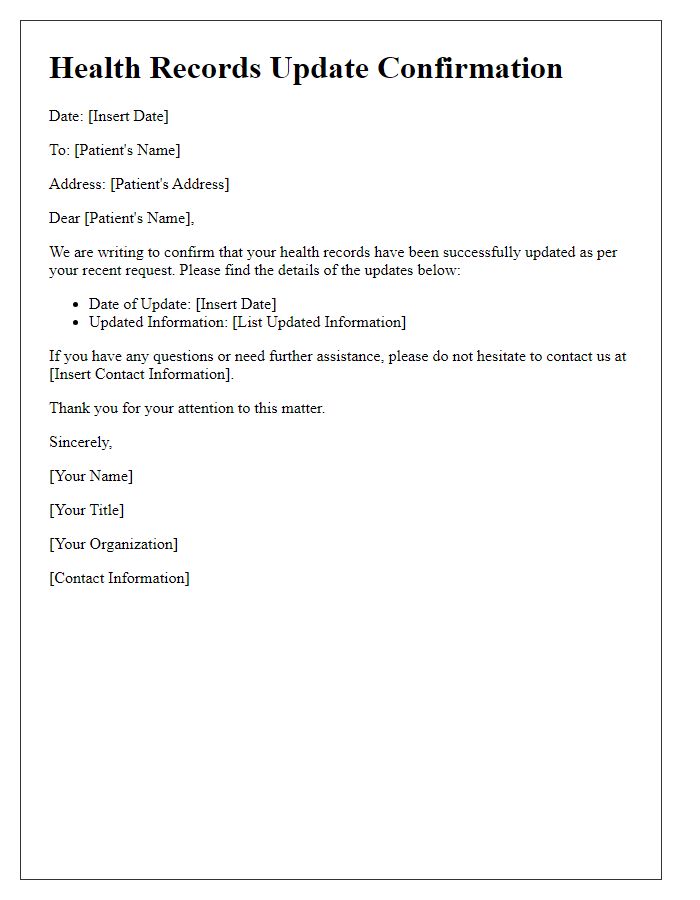
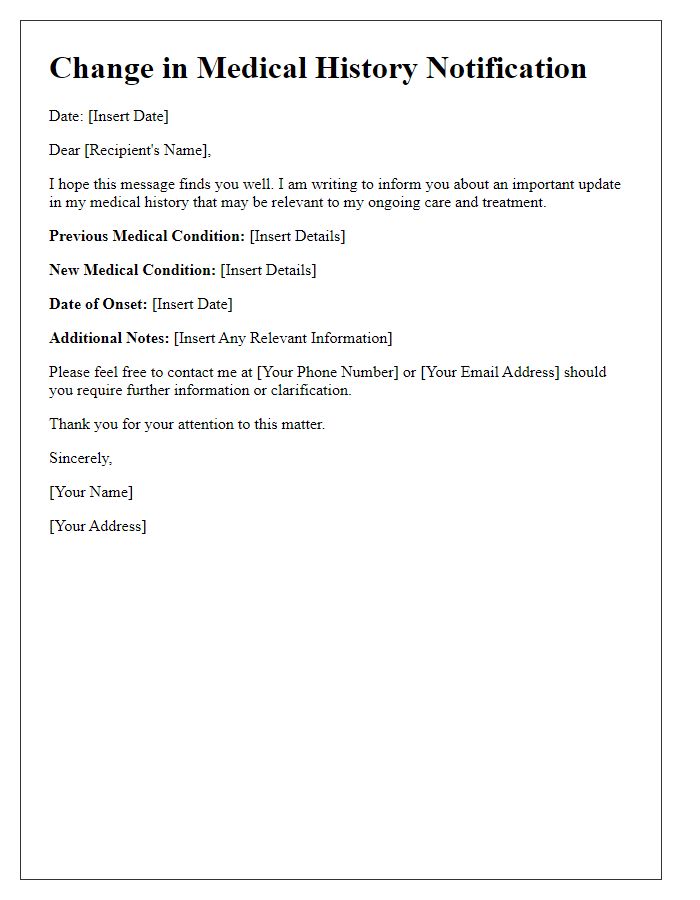


Comments